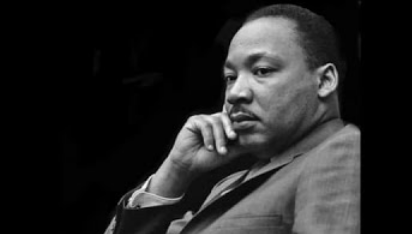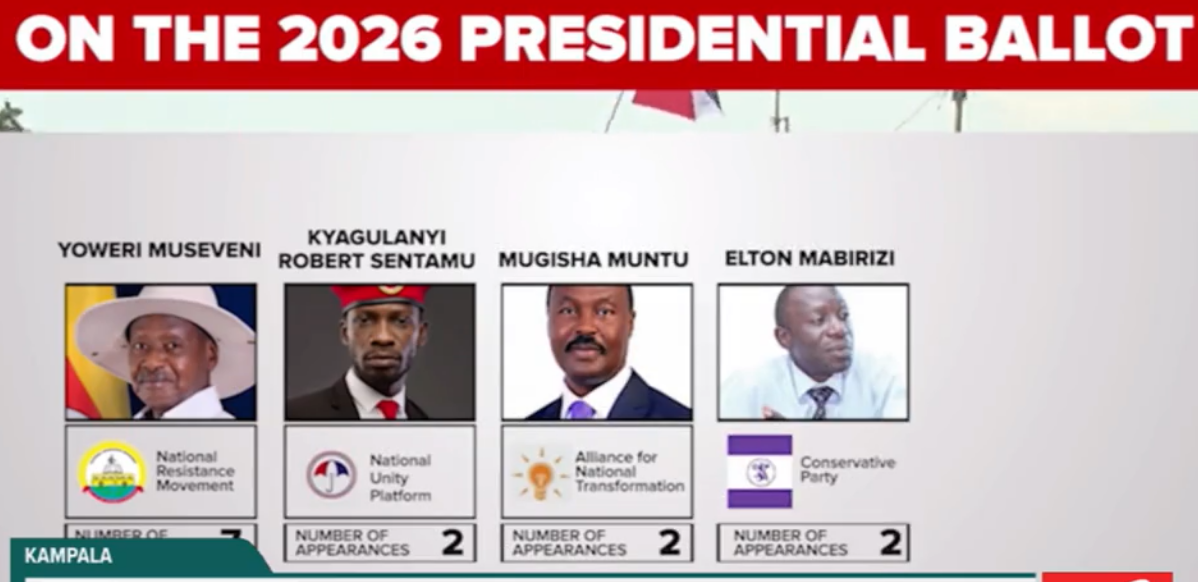Photo: YouTube
They say that imitation is the sincerest form of flattery but regarding the continuous appropriation of Black history and culture, it seems to be more indicative of the love-hate relationship America has for its Black citizens.
Whether it is tanning to attain the golden radiance of pigmentation, the injection of botox to mimic the fullness of Black lips or the placement of implants to duplicate the ampleness of Black hips, the appropriation of Blackness is the norm in this country and around the world.
However appropriation, when it comes to Blackness, moves beyond appearance, to include the way Black people walk and even the ‘slang some sling’ in the way they talk, to every genre of Black music from blues to jazz to R&B to rap, it is all a part of taking everything from a marginalized group of people who for more than 400 years have remained marginalized and oppressed.
Beyond these obvious appropriations is something even more sinister and pervasive. It is how America’s racist power structure uses historical negationism, also called denialism, “for the falsification or distortion of the record” regarding Black history and the legacies of Black leaders. They often take the very words of these leaders and weaponize it to negate or demonize the actions of Blacks who continue the fight for equity in their communities.
Appropriating King
The most glaring example of this is the perverted use of the words and deeds of perhaps Black America’s greatest hero, Rev. Dr. Martin Luther King Jr. (MLK) who spent his life – who gave his life – to uplift Black and poor people as human beings deserving of dignity, respect and opportunity.
Over the years we’ve watched Republican legislators and other leaders make their way to the Edmund Pettis bridge on the anniversary of Bloody Sunday only to scurry back to Washington, D. C. and work against passage of legislation supporting voting rights, criminal justice reform, healthcare and legislation to reduce the financial burden of those seeking higher education.
We’ve watched, listened or read again and again as leaders, both political and ecumenical, take the brilliant and inspiring words of King and twist them to denigrate the same acts of rebellion against injustice and tyranny that Martin Luther King Jr. himself spent his life rallying against.
Take for example the King quote, “We must pursue peaceful ends through peaceful means.” This is often used to criticize Black protests when in reality the quote actually had nothing to do with Black protests, but was instead, a statement against America’s controversial participation in the Vietnam War.
We’ve even seen it in the area of ‘commemorative stewardship’ as it relates to King’s monument in Washington, D. C.
The goal of “commemorative stewardship” is to ensure credibility in speaking on, making decisions about, and ultimately controlling interpretations of public memories. With that in mind, how did King’s D.C. monument initially include a paraphrased quote of possibly one of the most memorable speeches of perhaps the greatest orators in the nation’s history?
The paraphrased quote, “I was a drum major for justice, peace and righteousness,” was removed from the memorial in 2013. The paraphrase taken from King’s February 4, 1968 sermon in Atlanta, is actually, “Yes, if you want to, say that I was a drum major, say that I was a drum major for justice. Say that I was a drum major for peace. I was a drum major for righteousness.”
Commemorative stewardship is a public obligation and has a commitment to sacred memory for the good of future generations. Had the paraphrased wording not been challenged it would have remained on the statue in perpetuity.
“Many who quote[Martin Luther King, Jr.] now and evoke him to deter justice today would likely hate, and may already hate, the authentic King.”
– Bernice King
Even presidents are not immune from historical misrepresentation
And then, there is the controversy surrounding President Ronald Reagan’s signing of legislation making MLK’s birthday a national holiday. Reagan agreed with disparaging comments about King in written communications between himself and then New Hampshire Governor Meldrim Thomson, a John Birch Society member who urged Reagan to veto the legislation. Thompson considered King ”a man of immoral character” who associated with communists.
Reagan responded to Thompson stating, ”On the national holiday you mentioned, I have the reservations you have, but here the perception of too many people is based on an image, not reality.”
Reagan’s attitude toward King was not surprising considering how he unapologetically opposed Affirmative Action and how his administration, much like the Replacement theorists of today, openly stoked the fears of anti-white racism.
In the process, Reagan disrespectfully and knowingly misused King’s words to support his argument against Affirmative Action quotas.
”We are committed to a society in which all men and women have equal opportunities to succeed, and so we oppose the use of quotas,” Reagan said. ”We want a color-blind society. A society, that in the words of Dr. King, judges people not by the color of their skin, but by the content of their character.”
Reagan’s administration was also accused of working to weaken antipoverty programs and debilitate enforcement of civil rights laws. An effort by the right that continues through today.
The good news is that the complete writings of Dr. Martin Luther King, Jr. are readily available for us to read for ourselves and understand first hand what he said and why he said it. Do not be bamboozled by those who appropriate his words for their own right-wing conservative purpose which so often is the antithesis of King’s life and his words.
Of course, this is just my opinion. I’m keeping it real.
S.E Williams is the executive editor of IE Voice and Black Voice News.







